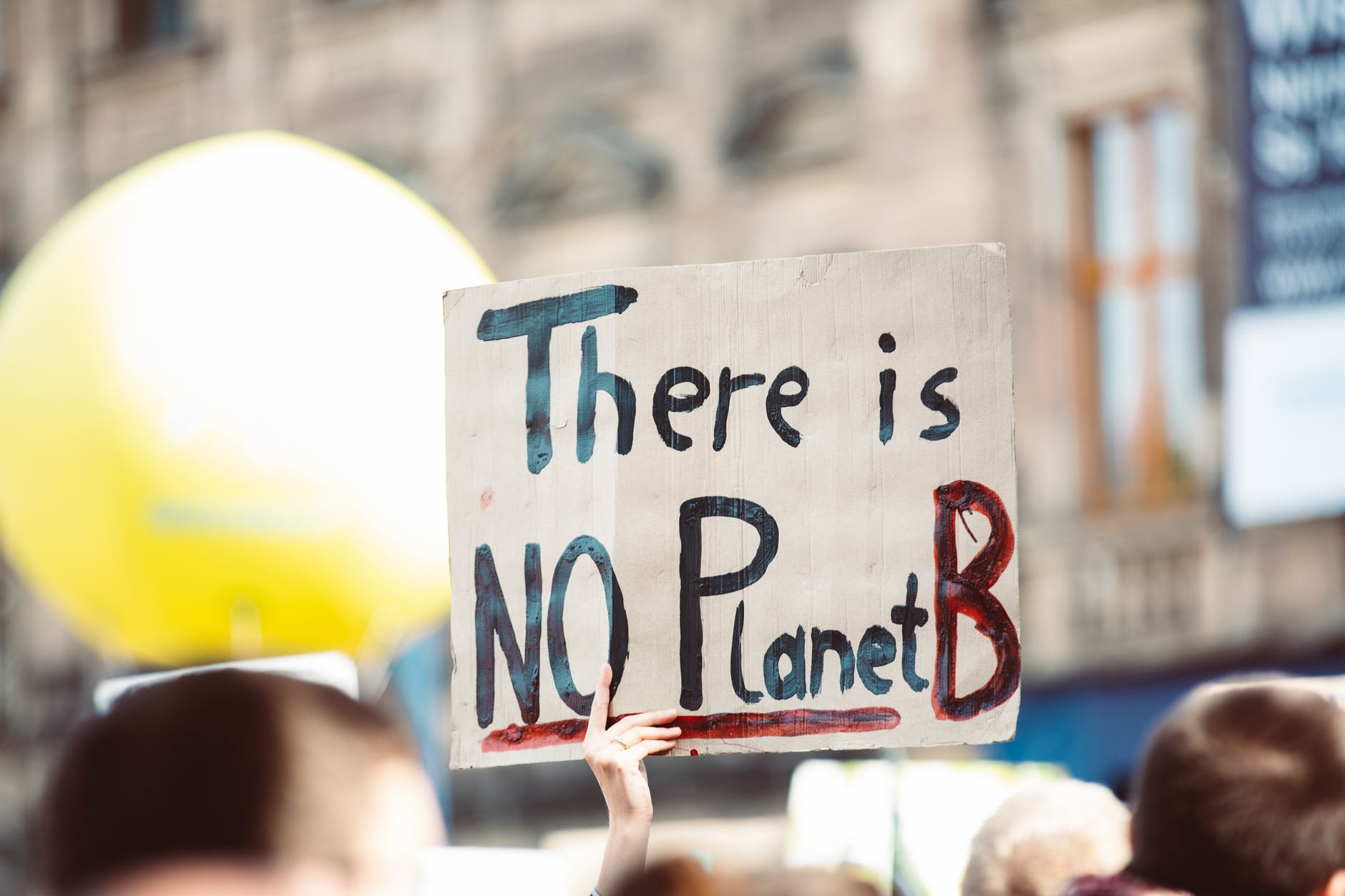Divergent Views on Climate Change Priorities, Business Innovation, and the Need for Transparent Communication Emerge in APCO Worldwide’s Latest Findings
In a groundbreaking survey conducted by APCO Worldwide in collaboration with the World Business Council for Sustainable Development, climate change emerges as the paramount global concern, with 40% of respondents ranking it as their top worry.
The survey highlights a consensus on the pivotal role of business innovation and technology, with 70% of individuals recognizing their importance in achieving the Paris Agreement climate targets. However, nearly 60% expressed a need for more transparent communication on climate issues, debunking the notion of “climate fatigue.”
Opinions on incentivizing climate action varied, but a majority agreed that countries contributing the most to greenhouse gas emissions should bear a greater financial burden. Notably, corporate climate responsibility proved pivotal in shaping employee loyalty, as individuals are more likely to support and recommend companies committed to climate action.
As COP 28 approaches, understanding public sentiment becomes crucial for shaping effective government and business strategies. The survey also reveals a knowledge gap, with fewer than half of the public understanding climate change terminology. This presents an opportunity for governments and companies to engage and educate the public as they transition towards climate-friendly policies and practices.
APCO Founder Margery Kraus emphasized the urgent need for collaboration, stating, “This survey shows we need a more honest and open debate across all parts of society if we are to tackle the greatest challenge of our time.”
The survey underscores the complexity of decarbonization strategies, requiring strategic vision, bold action, and transparent communication. Dominic Waughray of WBCSD emphasizes the need for common and transparent frameworks to recognize and reward ambitious climate-related business performance.
Despite challenges, the survey reveals optimism, with 55% believing in the achievability of global net-zero targets by 2050. However, confidence levels vary across regions, emphasizing the need for tailored strategies.
While international organizations and NGOs are perceived as doing enough by the public, large companies and governments receive lower approval ratings. The survey also delves into tradeoffs, with strong support for climate investments but hesitancy towards reducing spending on healthcare.
Informed individuals consistently show greater support for climate-related initiatives, emphasizing the role of education in building public understanding and support. As the world stands at a critical juncture, the survey calls for a concerted effort to bridge gaps in knowledge, incentivize climate action, and foster transparent communication for a sustainable future.


